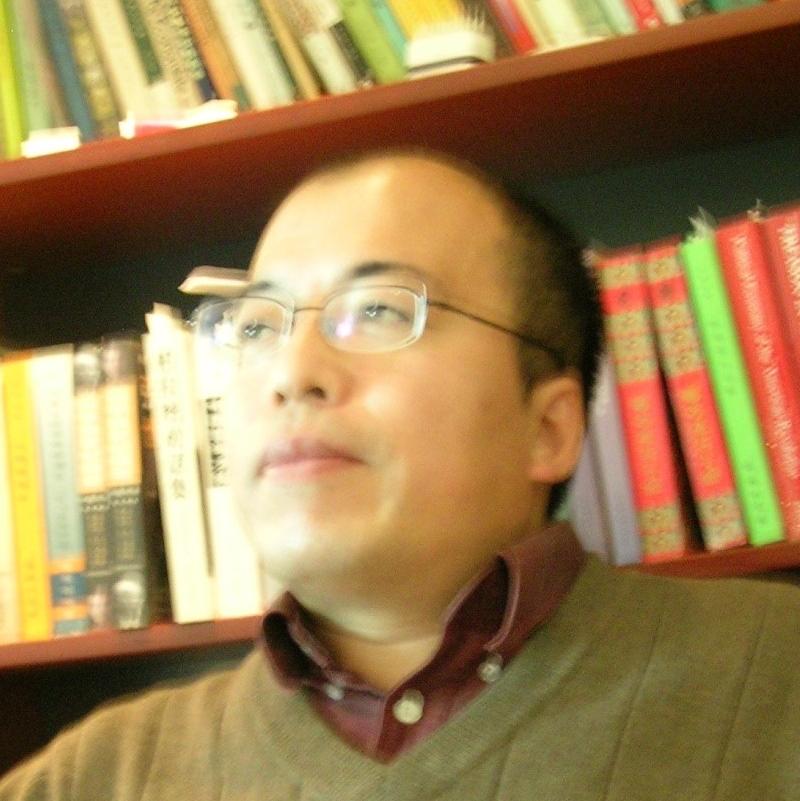Ever since the end of last year, the Obama administration’s national security team seemed to have indulged themselves into a kind of rebalance syndrome.
Symptom one: From top officials like National Security Advisor Susan Rice to middle level one and even generals from Pacific Command, took great efforts trying to prove rebalance strategy is real. Symptom two: They are repeatedly saying the strategy is not about or against China. Ok! If it is for real, why bothering explaining repeatedly? If it is not against China, why people are questioning that the U.S. is containing China’s rise militarily and economically?
President Obama could become one of the greatest presidents in U.S. history, if he accomplished all of his ambitious agenda set at the beginning of his first term. His domestic agenda so far has gone nowhere due to unprecedented political polarization and fragmentation in Congress. Most of his economic proposals failed to pass the Republican controlled House, therefore when the economy recovered slowly, Americans did not feel obliged to him for that. In President Obama’s second term, people found his foreign policy was especially awkward. Some media disclosed that his foreign policy decisions were made by a very close, inner group in the White House, and people from think tanks were complaining that they did not have enough access to influence this administration’s foreign policy.
The U.S. desire to shift its strategic focus towards the Asia-Pacific is an old story. When the former Secretary of State Hillary Clinton announced that the U.S. is back to Asia, we accepted that, knowing the U.S. actually has never left the region and the new president needed new terminology for his Asia policy. One famous strategist once said if the U.S. wants to get Asia right, first it need to get China right. What President Obama has done to China with his rebalance strategy is just the opposite. This administration has made at least three strategic miscalculations and would therefore bear their consequences.
Firstly, unleashing Japan without reassuring its neighboring countries. Remember when DPJ Prime Minister Yukio Hatayama was in power? He wanted to find a better balance between China and the United States in Japan’s external relations and to diminish Japanese dependence on the United States. This infuriated the Obama administration and soon Yukio stepped down. When Abe would like to revise the interpretation on the Japanese constitution, officials from the U.S. quickly voiced their support because they believed that would enhance the U.S.-Japan alliance and that Japanese Self-Defense Forces would provide help to the U.S. when necessary.
The trick is under the disguise of so-called active pacifism; Abe would like to remove constitutional restraints on military action, which would certainly alert the neighboring countries. It is not only because Japan has unresolved sovereignty disputes and the tension is still escalating, but the memories of Japan’s wartime conduct remain strong in the region and many Japanese officials are still splitting the wounds by denying wrong doings during the war. The Obama administration is comforting themselves that it would be fine and the Japanese would never go to war again. When the U.S. could not force a deal on TPP and could not dissuade Abe from visiting the Yasukuni Shrine, how can they be so assured about Japan’s future? The consequences would be more provocative actions from Japan and more fractions between Japan and its neighboring countries.
Secondly, obsessing in containing China’s rise by supporting regional trouble-makerstroublemakers. What happened recently in East Asia and South East Asia clearly showcased the Obama administration’s intensionintention. Even the Obama administration recognized that the Japanese only had administrative power over Diaoyu Islands, but it failed to condemn the Abe regime when they it unilaterally changed the status quo by officially purchasing the islands. What’s worse, ? Obama is the first U.S. president that to publicly articulate that the Diaoyu Islands are covered by Article 5 of the Treaty of Mutual Cooperation and Security between the U.S and Japan.
Meanwhile, after the U.S. and the Philippines signed their enhanced defense cooperation agreement, the Aquino administration actually adopted a more confrontational approach towards China by filing a memorandum at the International Tribunal for the Law of the Sea (ITLOS) over the disputed maritime features and arresting Chinese fishermen. The American Scholar is right by saying that each country has its own narratives about the disputed islands or areas, and the U.S. does not want to take a stand. The problem is that the Obama administration obviously wanted to use this delicate situation to advance the United States’ own national interests. When the spokesperson of the U.S. State Department criticized China’s drilling operations of the Haiyang Shiyou 981 oilrig, it actually forgot it was Vietnam that first started drilling operations in the disputed area. When a so-called world power tries to conflate right with wrong, its integrity would certainly be questioned.
Last but not least, excluding China from the TPP negotiations to gain economic and trade advantages in competing with China. This could be the most ridiculous calculation of the Obama administration. Not to mention that this is a globalized world, and each country is so interconnected economically with others. You cannot deny that China now is the second largest economy in the world, and it is the second largest trading partner and top source of imports for the United States. You cannot deny that regional countries do not want China to be isolated from a regional trade deal either, as they share much more common interests. Just as nobody will be the last winner in a trade war, the U.S. would hurt itself severely by excluding China from the regional economic and trade system.
History told us even the most controversial US President George W. Bush could get China right, therefore stabilize the situation in the Asia-Pacific. When U.S. foreign policy was a mess all over the world and its reputation as a super power decreased dramatically, George W. Bush had one bright spot in foreign policy, that is the relationship with China. All Obama has done is push two countries towards a strategic showdown which both sides don’t want to see. President Obama, it is time to rein in at the brink!
Zhang Zhixin is the Chief of American Political Studies of Institute of American Studies, CICIR. His researches focus on the U.S. politics and US-China relations.


